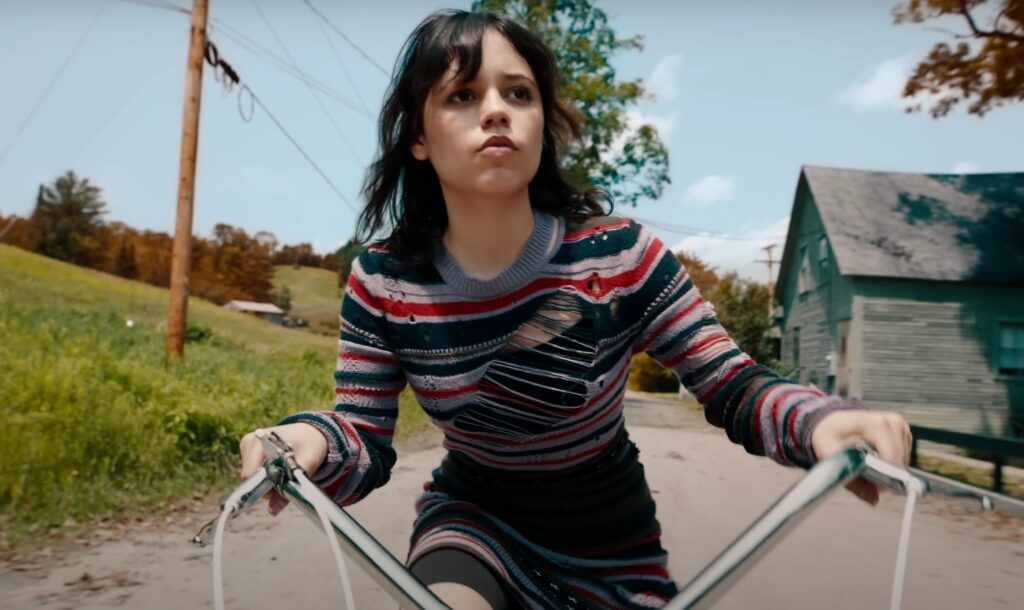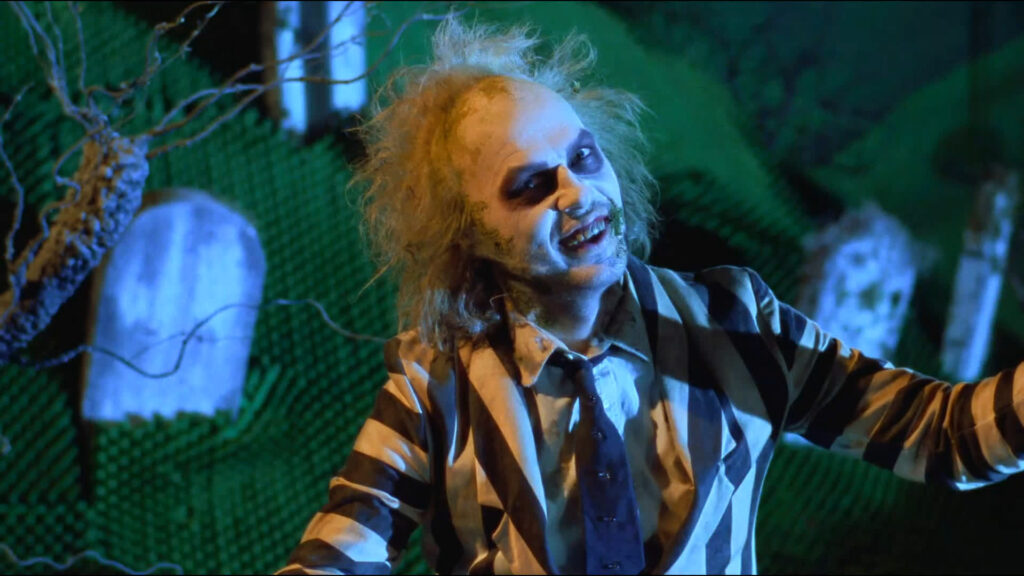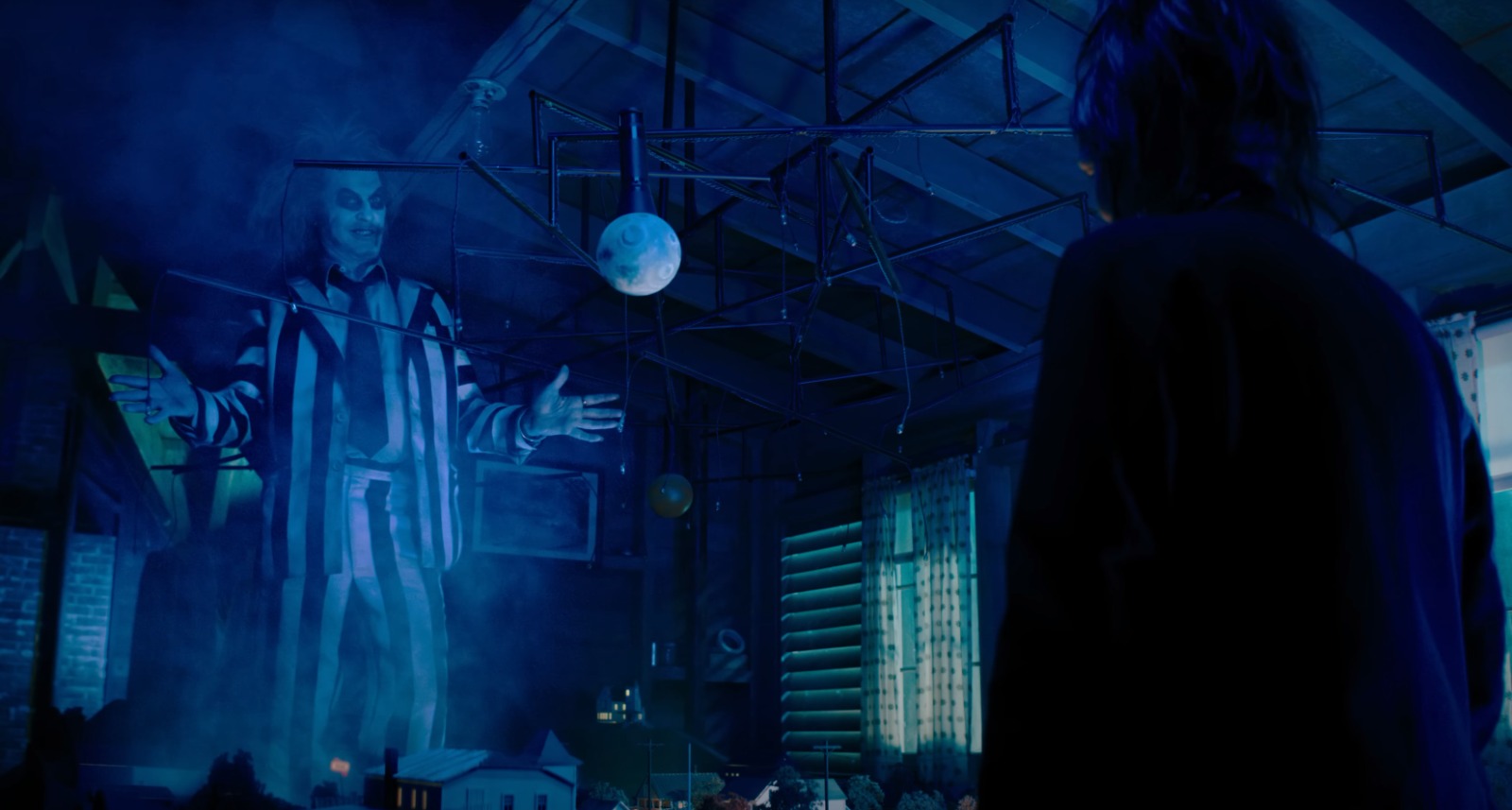Tim Burton’s recent feature films haven’t quite hit his usual mark. While the series Wednesday achieved success, his work has been more miss than hit lately. With the announcement of the long-awaited sequel to Beetlejuice, his second feature film, fans hoped a return to familiar territory might reignite his creative spark. Unfortunately, I don’t believe that’s the case.
Where did it all go wrong? As a lifelong lover of Beetlejuice (1988), I was thrilled about the sequel. However, the final outcome left me bitterly disappointed.
This new Beetlejuice is the epitome of all foreplay with little payoff. Its attempt to juggle four different storylines drags the film to a crawl throughout its 105-minute runtime, only to hastily wrap things up in the final 15 minutes. The slog through the first and second acts simply isn’t worth it. Attempts at teenage romance and stabs at comedy feel outdated and half-baked.

It may sound like I’m no fun, but the heart of Beetlejuice lies in its humor, which typically comes from the character himself. This time, however, his presence isn’t as strong. He doesn’t carry the same threat, and his screen time feels overshadowed by the various subplots—the family drama, teenage romance, and back-from-the-dead wife. It’s all too much and detracts from what should be central: Beetlejuice.
The screenplay could have benefited from a scathing rewrite to improve pacing and trim excess, streamlining the story into something more focused. It writes itself into such a corner that the only resolution is to unceremoniously kill off all its villains and conflicts. It’s not random, but it is lazy.

Perhaps the goal of this sequel was simply to have fun and celebrate the film that launched many careers. But I can’t help thinking it could have been handled so much better. I even wonder how involved Burton really was or if he’s just phoning it in. Michael Keaton brings more than enough energy with his performance to carry the film, yet he still feels underused, drowned out by a far less engaging teenage family drama. It feels immature and absolutely fails to match the standard of the original.
Overall, it’s a disappointing experience, though there are brief glimmers of hope and comedy that hint at the magic the film could have had.

Chaitanya Tuteja is someone who enjoys sharing his thoughts on books, movies, and shows. Based in India, he appreciates exploring different stories and offering honest reflections. When not reflecting on his favorite media, Chaitanya enjoys discovering new ideas and embracing life’s simple moments.

